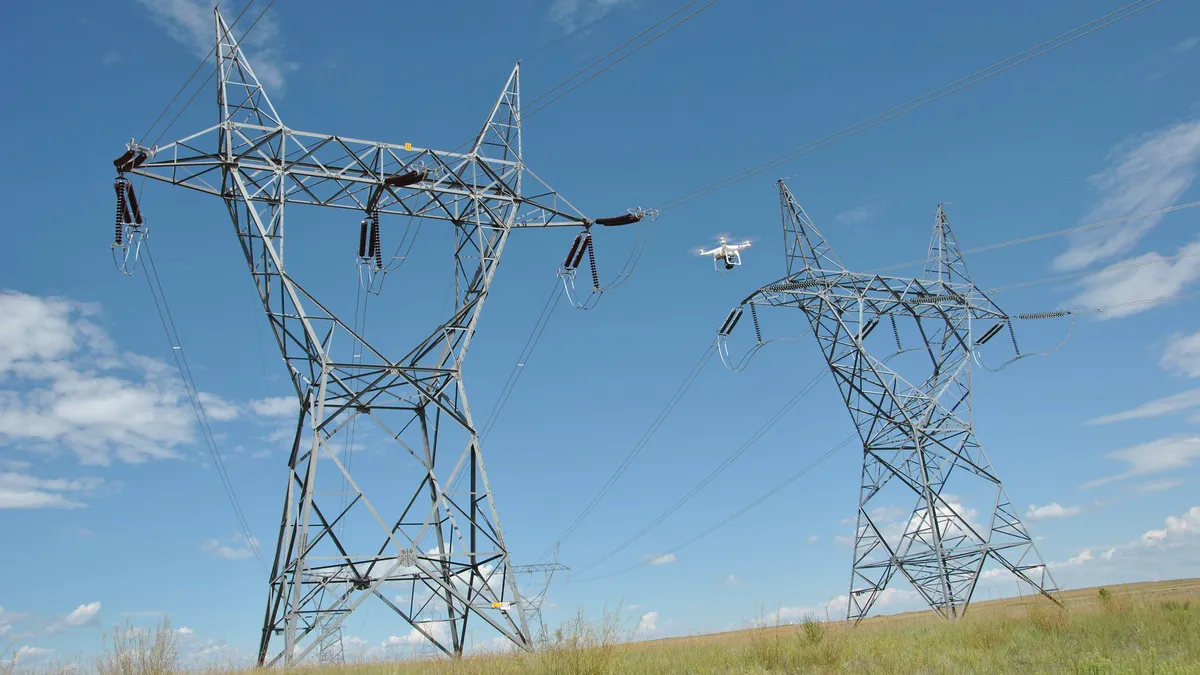The following is a contributed article by Jessica Matlock, CEO of La Plata Electric Association, Jeff Wadsworth, CEO of Poudre Valley Rural Electric Association, and Brad Zaporski, CEO of San Miguel Power Association
Much is written and said about the “clean energy transition.” While it looks a little bit different for every utility, at its core the transition is about finding a flexible, reliable power supply that takes advantage of local clean energy sources, manages rates, and ensures a sustainable future.
The clean energy transition takes many forms. It is important to recognize, however, that the transition is not just for big cities, nor just for investor-owned and municipal utilities. It’s also for rural electric cooperatives and the members and communities we represent. As member-owned electric cooperatives, we are committed to serving the needs of our members. And it is imperative for us to find new ways to evolve our power supply in order to meet our goals, supply what our members want today, and deliver what they'll need tomorrow.
We have the privilege of serving as the chief executive officer for three cooperatives in rural Colorado, La Plata Electric Association (LPEA), Poudre Valley Rural Electric Association (PVREA), and San Miguel Power Association (SMPA). From our respective seats, we have seen our co-ops — as well as fellow co-ops in Colorado and beyond — evaluate different ways to operationalize the clean energy transition in a way that works for the specific needs of our members. For example, some co-ops have sought to exit their relationship altogether with their wholesale power provider to achieve their needs.
Others, like LPEA, PVREA and SMPA, have sought flexibility to capture clean energy and rate benefits for our diverse memberships, including commercial/industrial, mountain communities, farmers, ranchers and tribes in rural Colorado. To achieve this flexibility, we recently filed a settlement agreement with the Federal Energy Regulatory Commission allowing for partial power supply arrangements.
The settlement agreement is the result of hard work, compromise and challenging conversations regarding the evolution of the generation and transmission, or G&T, model. This settlement will allow us to partially source power from our G&T and alternative suppliers. The agreement reflects partnership with our wholesale power provider, Tri-State Generation and Transmission Association, and other Tri-State member co-ops aiming to achieve more power supply flexibility. It ultimately reflects a true win-win: Tri-State is kept financially whole and we gain the ability to source power from clean and local sources.
But we now find ourselves in a unique situation. It is not our G&T that is standing in the way of a cleaner and more flexible future for our members — it is a fellow distribution cooperative. The reality of the situation is that a large, urban cooperative is attempting to thwart our collective efforts and limit the future opportunities for our diverse, rural membership.
Redefining the G&T model is a challenging, but attainable goal. LPEA, PVREA and SMPA all have slightly different stories, but they share common threads: we had a prolonged dispute with our G&T over exit charges, buy-down payments, and how to achieve the flexible energy future we want. After many difficult conversations, we collaborated to find a solution that worked for all parties and was fair to the remaining Tri-State members. The settlement agreement pending before FERC is reflective of that collaboration and takes significant steps in transforming the G&T model more broadly.
The opposition from one of our own is disheartening and, frankly, counterproductive to the ultimate objectives of the clean energy transition. If we want to further our clean energy objectives in communities like ours, and rural areas at large, it is fundamental that cooperatives work with one another.
One cooperative should not be allowed to derail our collective efforts. If that is allowed to happen, the clean energy transition will be much like it is today — primarily enjoyed by customers of large investor-owned and municipal utilities that serve urban areas.
We know there is a better way. And we believe, in true cooperative spirit, we can get there by focusing on the greater good and not obstructing the process for individual gain.













